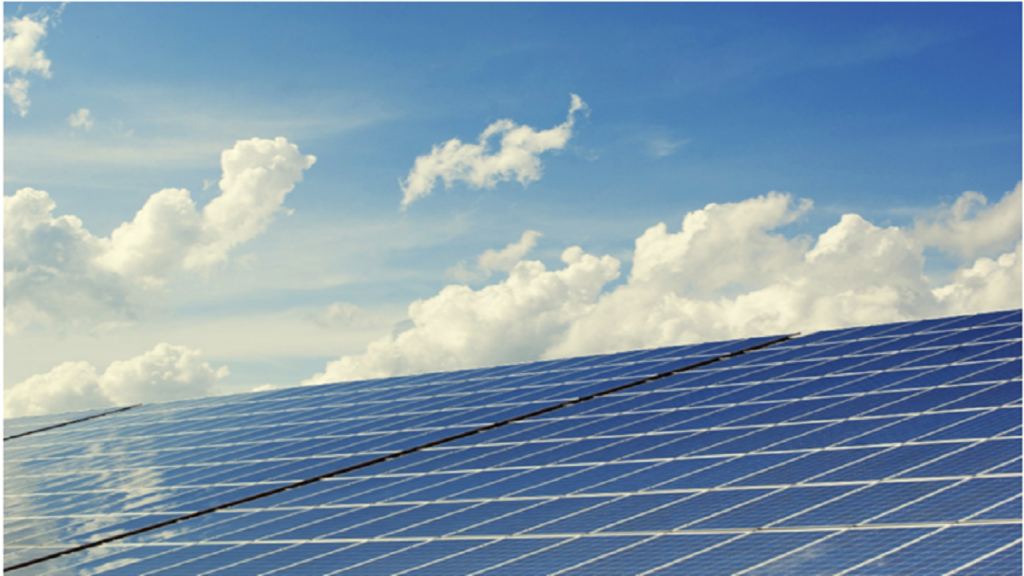As of 2020, almost four percent of residential homes had solar panels.
The number continues to grow every year as more people realize the benefits of renewable energy. As a homeowner, going solar is a big decision. It requires some thought and a lot of planning.
While solar panels are becoming more popular, they aren’t right for every home. There are several factors that you must consider before you go solar.
More information about the advantages and disadvantages has become available, but there is still a gap. This can make it even harder to know if going solar is the best choice for your household.
We are here to fill the information void and help you make the right choice. Below, you will learn about seven determining factors that you need to keep in mind.
Table of Contents
1. Location and Weather
Not every climate is conducive to solar panels. Where you leave could determine whether solar panels are even an option.
People often believe that the heat is what allows the panels to produce energy, but it’s actually light. You don’t have to live in a hot climate for solar panels to be effective. In fact, panels often work better in areas that have cooler temperatures.
However, if you live in a place that is mostly overcast and cloudy, then panels may not be the best choice for you. If you can drive around your city or town and see other homes with panels on their roofs, then they will likely be effective on your home too.
2. Home Conditions
Once you’ve determined the state you live in has ideal weather for going solar, you’ll need to look at your home’s condition. Panels are going to be the most efficient on south-facing roofs, this includes southeast and southwest. They will receive the most sunlight if they are positioned that way.
Your roof will also need to be large enough to hold the solar panels. How much you need will be dependent on how much energy you use every day.
You’ll need at least 200 square feet of unobscured space. This means no chimneys, skylights, or pipes in the way.
You’ll also need to consider your landscaping. Are there a lot of trees that provide shade over your roof?
If so, this could cause the panels to be less efficient. The same thing holds true if your neighbor’s home blocks some sunlight throughout the day.
3. Future Plans
Before investing your time and money into a solar panel installation, you should think about your future. Solar panels will add value to your home, but if you’re planning on moving in a year or two, they may not be the best investment. Removing and relocating panels is very expensive and typically isn’t recommended.
You’ll also need to consider the age of your roof. Are you planning on replacing it in the near future? If the answer is yes, holding off on the installation until after the project is completed may be the best option.
4. Solar Panel Company
Before making your final decision, you should look into solar panel companies in your area. Working with a reputable company will make the process so much easier. You should feel comfortable asking questions and you shouldn’t feel pressure from anyone at the company.
An accredited company is going to have the highest quality materials and will back up its work. This is key, if something goes wrong because of a contractor’s mistake, you want to have peace of mind knowing it will be taken care of quickly and without much hassle.
5. Project Timeline
Going solar can be a quick process or it can take weeks, sometimes months. This information is important to know before starting the project.
You’ll need to have realistic expectations and that’s where working with a reputable solar panel company comes in handy again. You can learn more about this on blueravensolar.com and don’t hesitate to ask questions about the project length and timeline.
6. Cost of Solar
Budgeting is not glamorous, but it must be done. Solar panels aren’t cheap and will cost you thousands of dollars to install.
You’ll either need to have a lump sum to pay upfront or you’ll have to take out a loan. You can save yourself some money and even make a project if you take the time to plan and budget.
7. Types of Panels Available
There are several types of solar panels available to homeowners. You’ll have to decide which ones are the best for you and your household.
The two most popular options for residential households are monocrystalline and polycrystalline. Monocrystalline panels are going to be more expensive and more efficient.
Polycrystallines will be slightly more affordable, but they aren’t as efficient. Both have long lifespans if cared for properly.
Working with a professional can help make this part a little easier. A contractor will be able to recommend which ones are best for you.
Going Solar
As you can see, there’s a lot to think about before you make your final solar panel purchase. The best thing to do is to take your time.
This is a big decision and investment. Don’t rush, the opportunity to go solar isn’t going away anytime soon.
It can be easy to look at what your neighbors are doing and follow their lead, but what’s best for them may not be the right thing for you now. Before making your final decision, check out our site. We have a lot of useful information that can help you navigate going solar, and homeownership, and give you updates on the latest trends.




